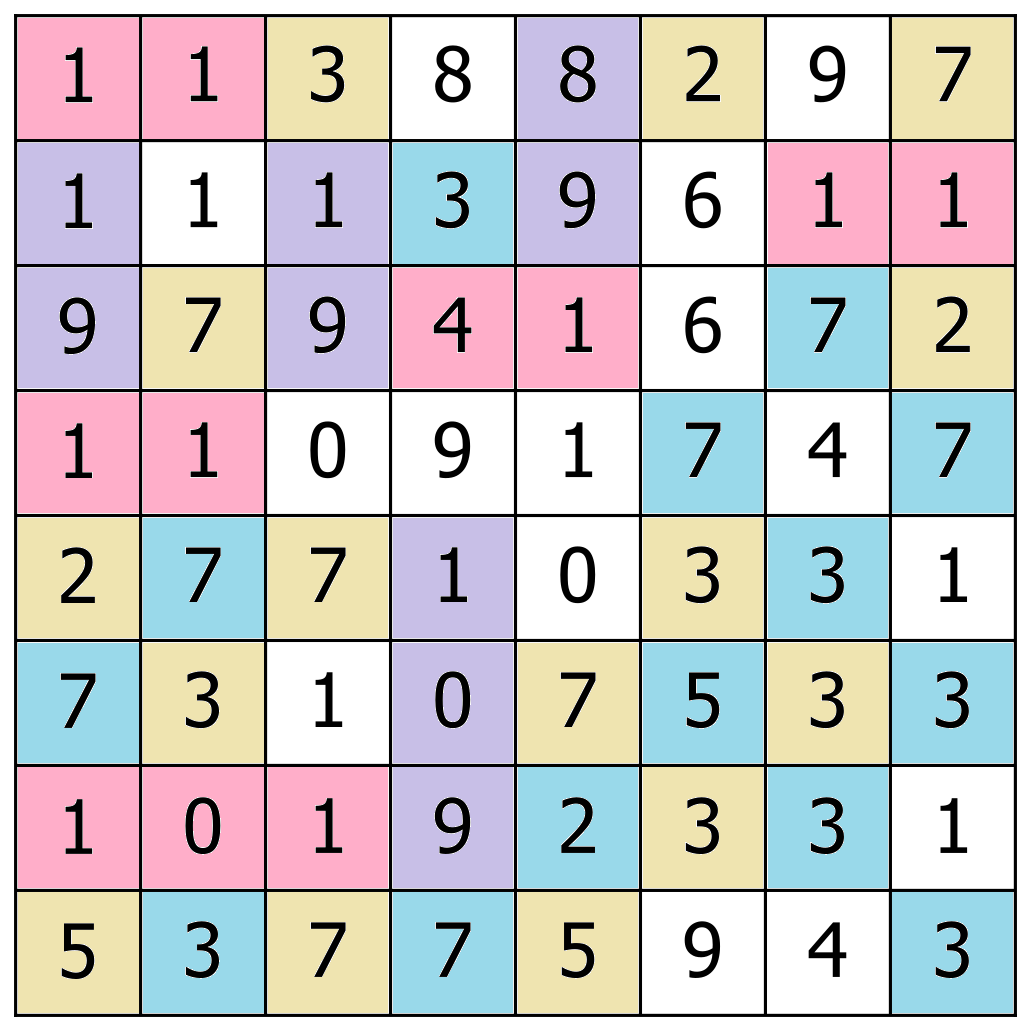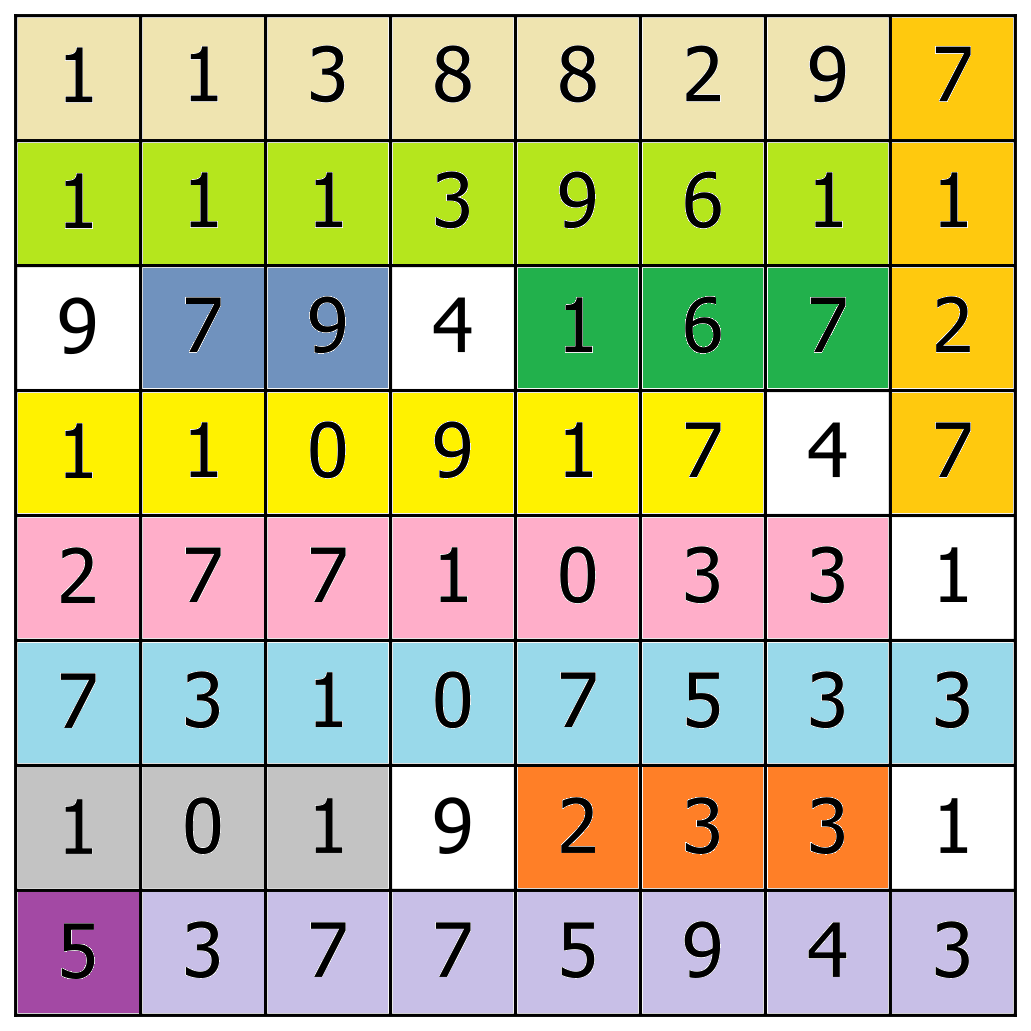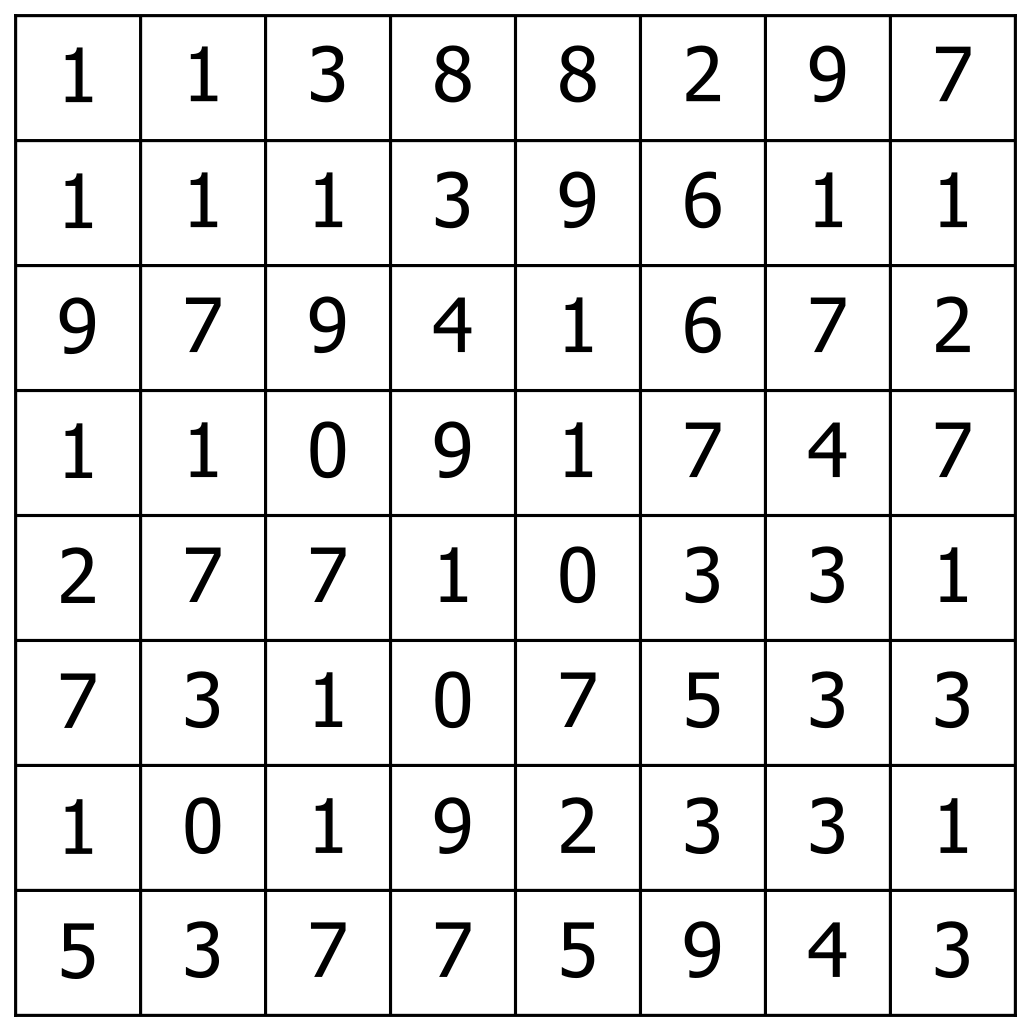EDIT: I missed the requirement that primes must be unique. That invalidates this first grid. But the final solution should still be fine.
The longest game I can find comprises 39 moves. This is basically every single-digit prime in the grid, and then as many 2- or 3-digit primes as will fit in the remaining space:

This is far from unique, as many of the unused digits could be combined with adjacent single-digit primes to create new primes, but I don't think there is any way to fit more primes in.
Since Alice wins this game, and there are an odd number of moves, Alice must also start.
The shortest game would have to use as many long primes as possible.
Ideally, if each row (or column) were an 8-digit prime, then it would only be 8 moves. But of course, that is not the case. Significantly, in the bottom-left corner, the ending 5 immediately indicates that the first column cannot be an 8-digit prime, and some checking with a prime number checker demonstrates that the only number on the bottom row that contains that 5 and is prime is either 53 or 5 itself. If we use 5 by itself, the other 7 digits make up a prime number, which is promising.
So we will definitely need to use some significanly smaller numbers.
Continuing with the bottom row, and looking at the fifth column, any number extending down that column can't contain the final 5 or the penultimate 2, as those would immediately make the number composite. So we probably want to try to contain the 2 and the 5 in horizontal numbers (because otherwise they would have to be counted on their own, which wouldn't use up much of the grid).
Some more prime checking shows that the best we can do for the 2 is a 3-digit number (233), but the row above it has an 8-digit prime.
Continuing to try to fill large primes across the rows (and a little juggling of digits here and there) provides the following grid, with 12 moves:
If this is the fewest moves possible, then assuming Alice continues to play first, Bob would be the winner, because 12 is an even number.




